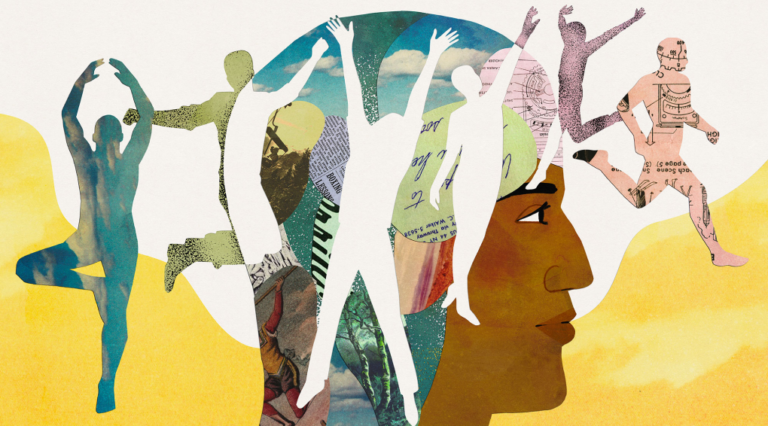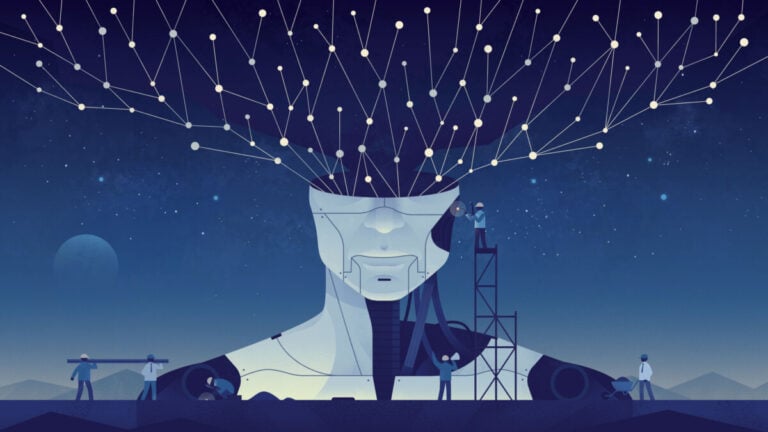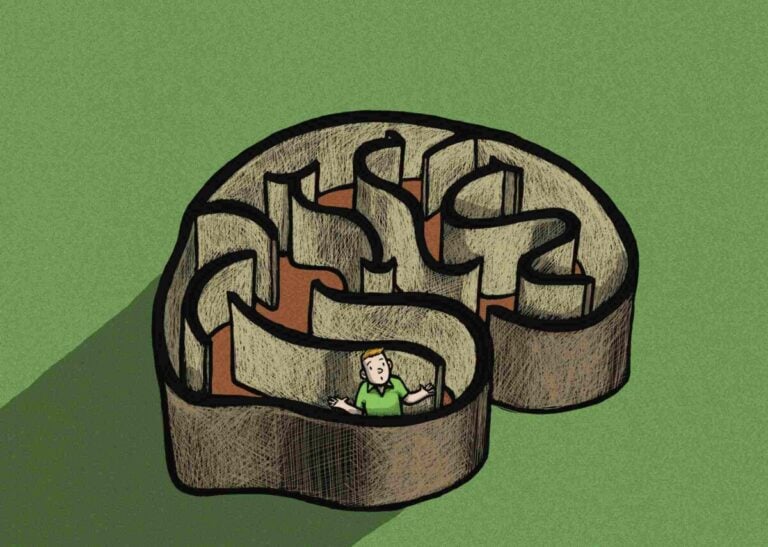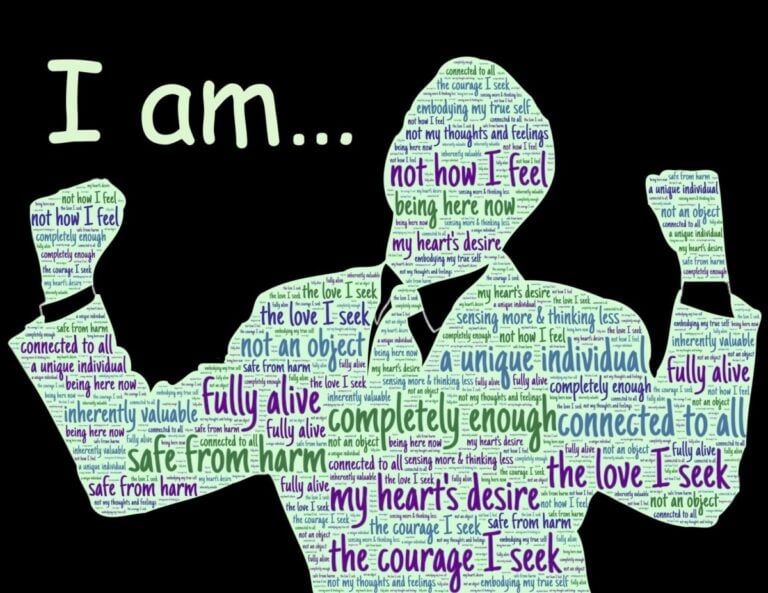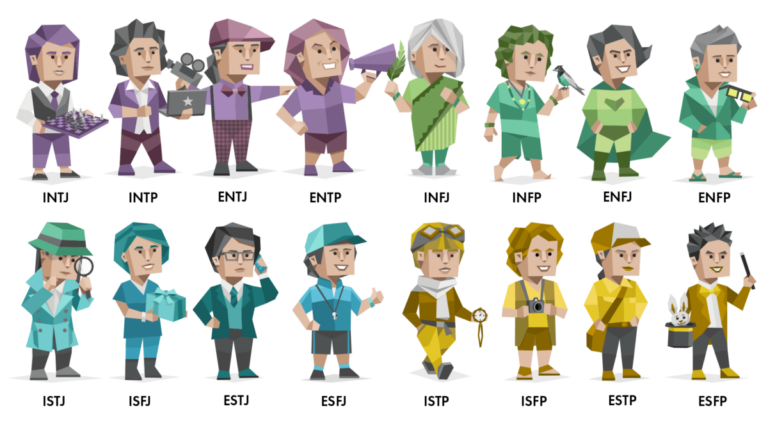Ideas about happiness are purely individual. For some, happiness is a large and friendly family, frequent visits to relatives and joint family leisure. Someone measures happiness with the thickness of a wallet. And for some, happiness is an opportunity for creative self-realization and new vivid impressions.
The understanding of happiness is determined by the system of human value orientations, therefore the understanding of this state of mind is so subjective. However, there are some common components that are equally significant and valuable for every person. In addition, there are universal principles, following which everyone can find their happiness in life.
What is happiness?
If you turn to psychological magazines and books, you can find many definitions of happiness:
- Socrates wrote that happiness is the highest good, but it is not limited to the possession of certain material values. Also, health and physical beauty cannot fall under the definition of happiness, because the body ages, gradually losing its strength and attractive features. An integral component of happiness is the high spirituality and morality of a person. What makes a person happy is virtuous deeds and a prudent life.
- Happiness in the understanding of Aristotle is made up of such elements as virtue, friendship, health, prosperity, an active life position of the individual.
- According to the views of Epicurus, happiness consists of friendship, freedom, a wise attitude to life events, the ability to remain calm, creative self-realization.
- Happiness is psychological comfort. Renaissance thinkers believed that a person makes himself happier or unhappier by his actions.
- Happiness is a state of peace of mind and a sense of harmony with oneself and with the world. According to the clergy, it is possible to achieve a state of happiness through true faith in divine power and humility.
- L. Landau argued that happiness is work, communication and love.
- Happiness is a state of mind in which a person is satisfied with the conditions of his life, the results of his own work and the characteristics of interpersonal relationships. However, philosophers make a reservation: it is impossible to achieve a complete state of happiness.

All definitions of happiness are united by the concept of a person’s satisfaction with his own life. The presence of a common component in different interpretations of the term suggests that this state of mind has certain parameters that are important for every person. Happiness acquires individuality in details, and its frame is universal.
Additional information: Many psychologists try to avoid the term “happiness” in their work, as its meaning is very broad and subjective. Instead, they use a synonymous concept – “subjective well-being”.
Basic Components of Happiness
The universal components of a state of mind of happiness are:
- Support and love of a loved one. If a person is lonely, he will not be able to feel happy, because he knows that in a difficult situation he will have to rely only on himself. To be happy, it is important to know that there is a person nearby who loves not for something, but in spite of everything, ready to listen and understand, and not condemn. It is important for everyone to know that there is someone who can be counted on for help.
- The ability to have fun. Optimists really know how to enjoy life. They notice the beauty in the ordinary, appreciate every moment of life. It is very difficult for people with pessimistic views to achieve a state of happiness.
- The ability to make free choices. A person is happy only when he does not experience the pressure of society, when the need to live by someone else’s rules does not hang over him. To learn how to make a free and independent choice, you should engage in self-knowledge. This is necessary for a clear understanding of their own desires and needs. It is important to learn how to prioritize and, choosing between two alternatives, be ready to be responsible for your actions and deeds.

- The ability to live in a state of flow. This approach is promoted by psychologists. It is based on the theory that life is fleeting, so you should not put off joy for later. Also, do not lament over missed opportunities and mistakes made. Living in a state of flow, living in the moment means appreciating every moment and walking through life with your head held high. Of course, there will be mistakes, but this is not a reason for despair, but a reason for personal growth and self-improvement.
- Freedom from envy. Happy people don’t get jealous. A happy person understands that everyone is good at something, so they don’t compare themselves to others. The only comparison they allow themselves is comparing themselves today with themselves yesterday.
- Life Goal. If a person has a goal, and all his actions are aimed at achieving this goal, the person feels happy. He has the opportunity to apply his skills and talents, enjoy overcoming obstacles on the way to the goal, and improve personal skills. His life is filled with meaning, and this makes him happy.
- Hobbies. To be happy, you need to fill your life with content. It is impossible to achieve a state of peace of mind and harmony if there is nothing in life but routine duties at work and household chores. To be happy, you need to find time every day for your favorite activities.
False components of happiness
Not everyone succeeds in finding happiness, as many are guided by false guidelines along the way. So, values such as:
- money (not everything in the world can be bought; millionaires suffer from a lack of simple heart-to-heart communication);
- external beauty (you can make a beautiful hairstyle and makeup, but they are not able to hide the spiritual emptiness);
- material values (not a single thing can endlessly please a person);
- momentary whims (one-time sex, alcohol and fun in the company of questionable friends give only short-term bliss).
How to become happier?
This is interesting! Psychologists have developed a formula for happiness. So, as a result of psychological research, scientists have found that:
- the ability to experience happiness is 50% determined by genes;
- 10% of this state of mind depends on life circumstances;
- 40% of the presence or absence of mental well-being depends on the actions of the person himself.
It turns out that in part a person himself can influence the transformation of the pole of the state of mind.

To become happier, you need to change your attitude towards the world around you and the people in it. However, the transformation will not happen by itself. It is necessary to gradually develop new habits and stereotypes of behavior:
- We need to learn how to show empathy. In simple terms, a person becomes happier when he gains the ability to empathize with others. This applies not only to the ability to share grief with a person (to express words of support and sympathy). It is much more difficult to learn to be sincerely happy for other people, to admire them without a shadow of envy, without an artificial smile.
- Expand the range of social connections. A person becomes happier when he satisfies his need for communication. The more social contacts a person has, the happier he becomes. The main step to mental well-being is to deal with their inner fears: some do not call or write first because they are afraid to seem intrusive. As a result of such reasoning, in the eyes of friends and acquaintances they look uncommunicative, and in their souls they are deeply unhappy, because they deliberately suppress their need to communicate with those who are of interest to them.
- To become happier, you need to learn to sincerely thank people for their attention, help, time.
- The surest path to happiness is forgiveness. Instead of holding a grudge against a person, it is better to openly discuss the current situation with him. A frank conversation about feelings brings people together, making them happier.
- To feel happy, you need to do something good and useful every day, not only for others. Nobody demands heroism and feats. It is enough to take care of others and give compliments to loved ones.
- It is important to learn to react constructively to negative events in life. It is naive to believe that happy people never face the loss of loved ones, deceit, betrayal. They also tend to experience negative emotions, but they do not exhaust themselves with them. It is important to learn to accept troubles and see them as an opportunity for self-development and self-improvement, and not revel in grief and guilt.
- Constructive changes in worldview and value system are facilitated by regular meditation.
- Systematic exercise will not only help keep muscles in good shape, but will also have a positive effect on the emotional background of a person. At the same time, it is not necessary to sign up for a crossfit section, exposing your body to grueling workouts. It is enough to find dance classes for adults.
What prevents people from being happy
Dreaming of happiness, many cannot achieve it, because:
- people tend to focus on the failures and negative aspects of certain life events;
- pessimistic thinking has a destructive effect on a person’s personal resources, he simply does not have the strength to start a new life;
- It is quite difficult to abandon the habitual model of behavior;
- A person’s worldview, which has been formed throughout his life, cannot change in one moment, but a person wants immediate results;
- delay in the result of new actions and new thinking leads to the fact that the individual abandons the work he has begun, returning to the old non-constructive attitudes and principles.
Thus, the phenomenon of happiness is very complex and interesting. Fortunately, every person strives, but not everyone chooses the right path. Material values and financial well-being are only external, imaginary attributes of happiness. True happiness is manifested in intangible values: acceptance of one’s own personal characteristics, open communication, mutual love, respect for people.





